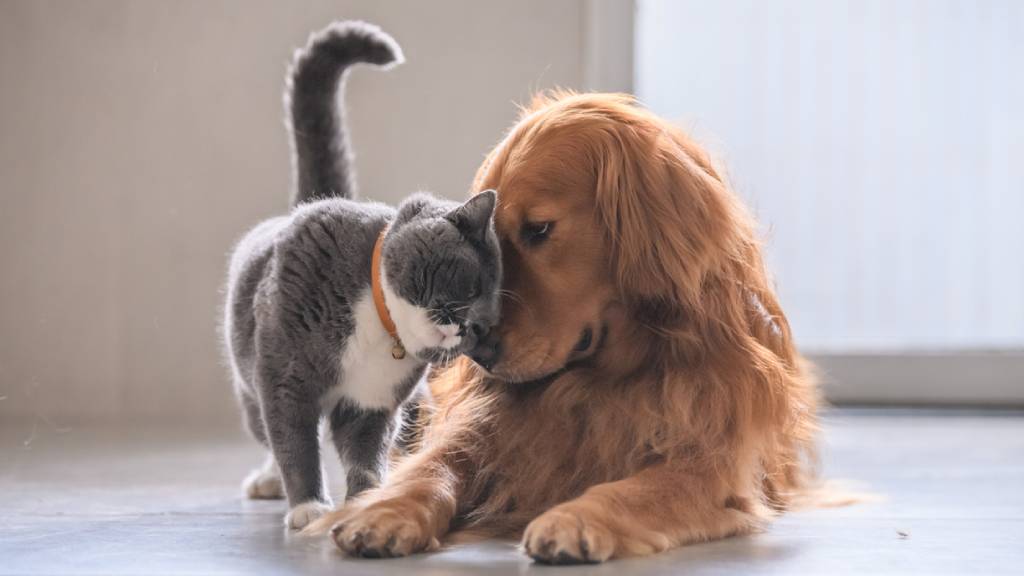The importance of socialising your pet

It might not be the first thing you think of when you’re taking home a brand new pet, but socialising them into your family as well as your wider pet community can play a really important role in their wellbeing.
This is especially important if your new furry friend is a puppy or kitten, because they will have had next to no experience dealing with the outside human world. Without gently socialising them into this environment, it can be quite bewildering for both dogs and cats, as this new environment can make them feel quite suspicious and fearful.
Socialising your pets carefully is all part of being a responsible pet owner, and there are plenty of ways you can ensure this process goes as smoothly as possible.
Why is socialisation important?
As children, everyone goes through stages of development where we learn how to interact with others in a safe and appropriate manner. It’s a similar process for young pets, and as their owner it’s an important responsibility to make sure they go through this stage with the proper care.
Socialisation is a crucial part of the learning process your dogs and cats go through as they grow bigger and older. It helps them get more comfortable with the type of sounds, people, objects and even other animals that will be a daily part of their environment.
Without this vital learning stage, your pet may find it more difficult to accept things in their environment as normal – everything from a stray leaf or another unfamiliar human can give them cause for anxiety.
Essentially, socialising your pet will ensure that it can respond safely to different situations in their later life, whether it’s with other unfamiliar humans or different animals. This has benefits not just for your pet, but for others it may come in contact with later as well.
Tips for socialising your pets
So how can you start socialising your pets? Firstly, you should know there is an optimal age period where cats and dogs can be guided through this process. For dogs, experts recommend starting when they are between eight and 12 weeks old, as this is the age when they will likely be the most accepting of any new experiences.
From 12–18 weeks the ability to socialise them successfully will be more limited, and after that period it’s usually very difficult to get them to accept anything new and unfamiliar. For cats, the best time to start socialising them with their environment is between 2–8 weeks of age.
Socialising your pet is about introducing them to as wide a range of new experiences as you can. Depending on where you live and what your pet will come into contact with daily, this could include anything from the sounds of trains and construction to young children or crowds.
The most important thing is to keep an eye on your pet’s reactions and gauge how they are taking it all in. Make sure everything is introduced gently, in a way that won’t overwhelm your new cat or dog and don’t forget to praise them or give them a treat for good behaviour. This could be anything from their favourite toy or pet games you know they love.
Along with other essential matters such as pet insurance and regular veterinarian check-ups, socialisation is a good way to ensure your dog or cat is being given the best of care.
14 Mar 2014